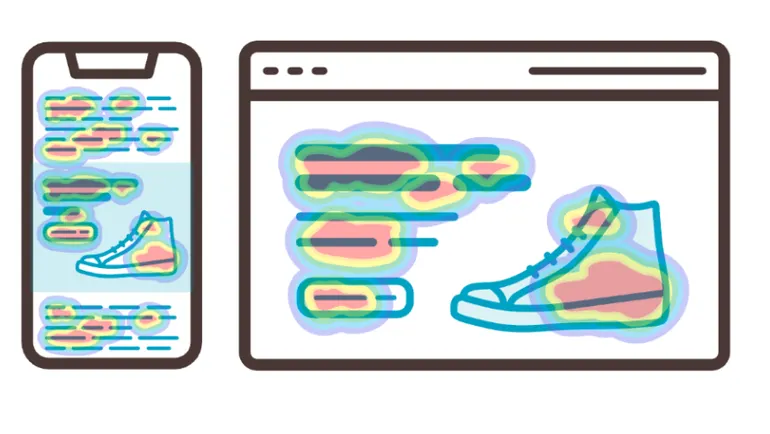Carvana shares tank as bankruptcy concerns grow for used car retailer
Shares of Carvana plummeted by nearly 40% after its largest creditors reportedly signed a deal binding them to act together in negotiations.

Ernest Garcia III, CEO of Carvana, speaks to CNBC on the floor of the New York Stock Exchange, March 7, 2019.
Brendan McDermid | Reuters
Shares of Carvana plummeted by nearly 40% in morning trading after the embattled online used car retailer's largest creditors reportedly signed a deal binding them to act together in negotiations with the company.
The pact, reported by Bloomberg, includes creditors such as Apollo Global Management Inc. and Pacific Investment Management Co. that hold around $4 billion of Carvana's unsecured debt, or around 70% of the total outstanding. The news outlet, citing people with knowledge of the deal, said the agreement will last at least three months.
Such creditor agreements are viewed as a way to streamline negotiations around new financing or a debt restructuring.
On Wednesday, Wedbush analyst Seth Basham said bankruptcy is becoming more likely for Carvana and downgraded its stock to underperform from neutral and slashed his price target to $1 from $9 per share.
Carvana and Apollo did not immediately respond for comment. PIMCO declined to comment.
Shares of Carvana were trading below $5 a share for the first time since the company went public in 2017. Carvana's stock has plummeted by about 97% this year after reaching an all-time intraday high of $376.83 per share on Aug. 10, 2021.
Carvana has received a litany of analyst downgrades since the company reported disappointing third-quarter earnings last month and gave a bleak outlook.
Carvana grew exponentially during the coronavirus pandemic, as shoppers shifted to online purchasing rather than visiting a dealership, with the promise of hassle-free selling and purchasing of used vehicles at a customer's home.
But Carvana did not have enough vehicles to meet the surge in consumer demand or the facilities and employees to process the vehicles it did have in stock. That led Carvana to purchase ADESA and a record number of vehicles amid sky-high prices as demand slowed amid rising interest rates and recessionary fears.
Carvana has repeatedly borrowed money to cover its losses and growth initiatives, including an all-cash $2.2 billion acquisition earlier this year of ADESA's U.S. physical auction business from KAR Global
— CNBC's Michael Bloom contributed to this report.

 Aliver
Aliver 






























